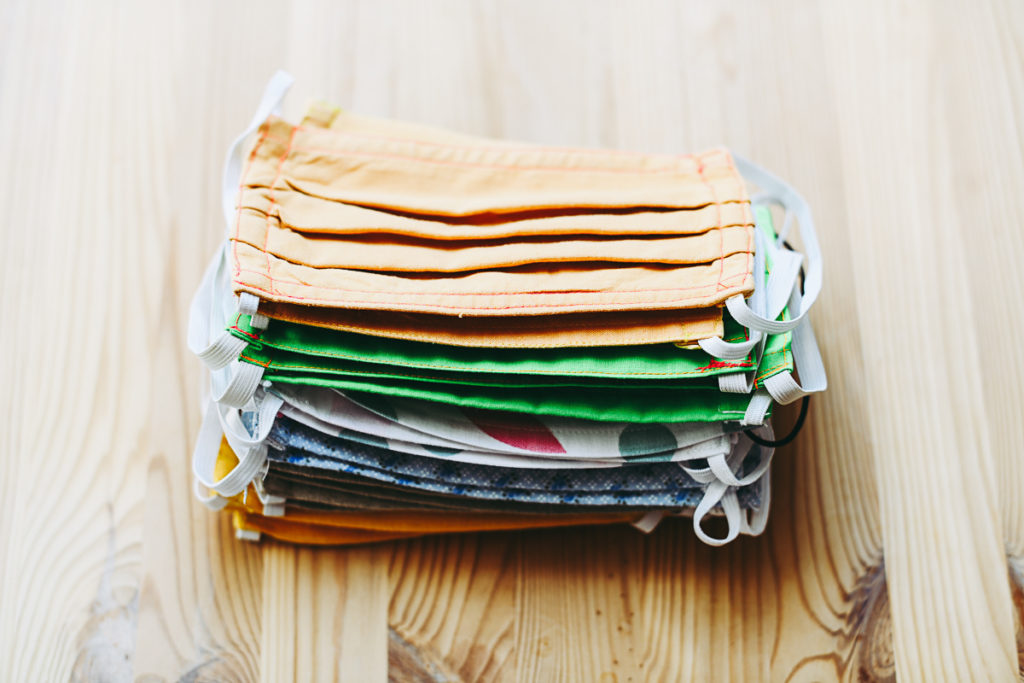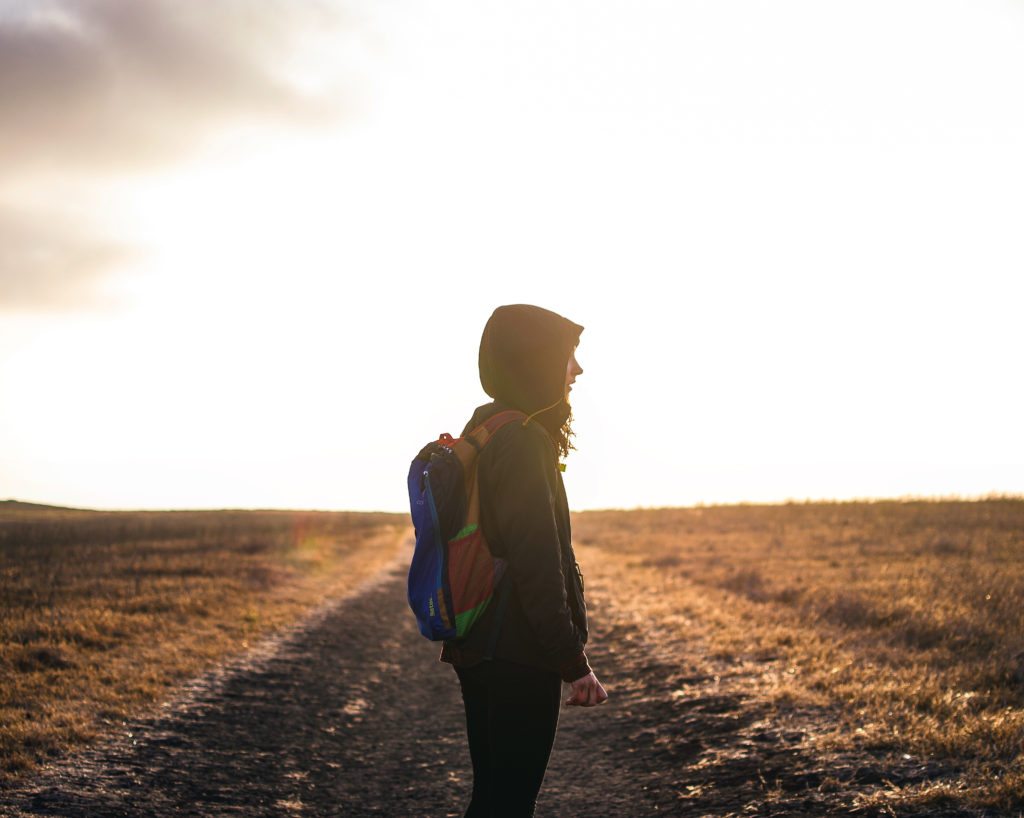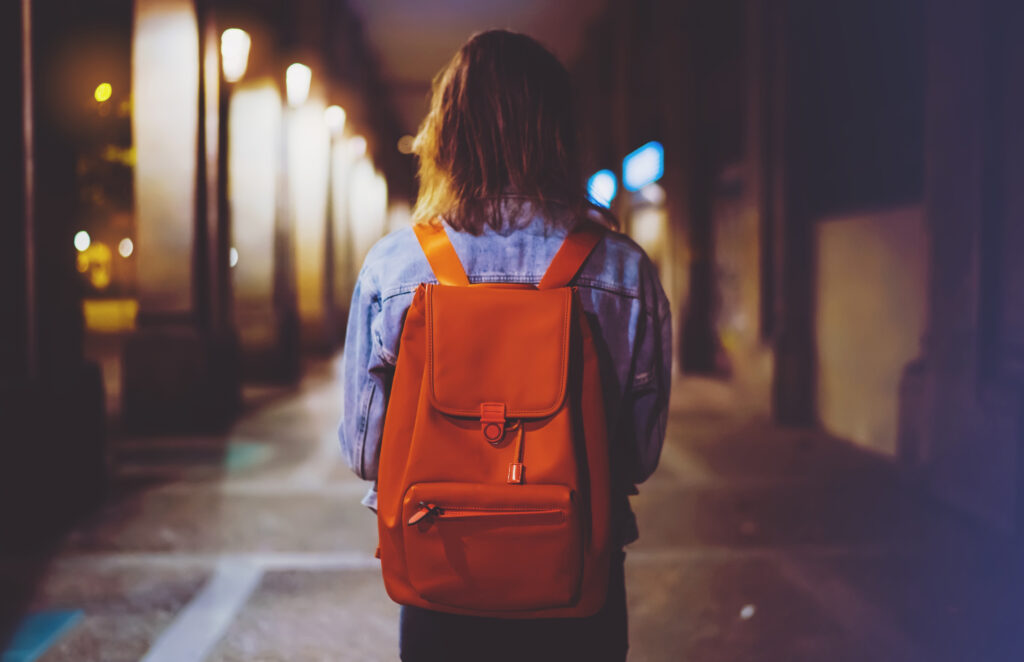Most of us in Australia have experienced what it’s like to live through a lockdown.
Despite the initial wave of COVID-19 reaching our shores in March last year and a second wave emerging in Victoria last June, Australia has mostly avoided the widespread infection of COVID-19 seen in other countries. This is due to the effort people in Australia have made to adhere to health guidelines and recommendations for mask-wearing, social distancing, gathering limitations and contract tracing.
Sometimes, however, it becomes necessary for a ‘snap’ lockdown to occur, such as the one implemented in Perth this week. Residents in the city of Perth and the surrounding Peel and South West regions have been asked to work and study at home where possible and to wear a face mask outside and on public transport. Several facilities like schools, gyms and libraries have also closed temporarily.
Why have parts of Australia implemented ‘snap’ lockdowns?
A ‘hard and fast’ lockdown acts as a ‘circuit breaker’ – a term first used to describe South Australia’s lockdown in November 2020 – for the virus, preventing further local community transmissions. This is very important, as it gives time for extra testing and contact tracing to occur.
Perth’s five-day lockdown is the latest in a string of rapid responses from state governments in recent months. South Australia announced a six-day lockdown last November over concerns of a possible second wave. The Greater Brisbane area went into a snap three-day lockdown in January 2021 and then made masks mandatory for the following ten days.
The South Australian lockdown was lifted early after three days due to more information becoming available that changed the contact tracing investigation (which even made the news overseas), so residents were able to resume normal activities soon afterwards due to the speedy response time of both the state government and members of the community.
How can you prepare for a ‘snap’ lockdown?
There are several key ways of preparing for life during an unexpected lockdown:
– Have a mask handy in case you’re unable to socially distance, such as in busy shopping centres or on public transport. The Guardian has put together an extensive list of stores where you can buy a reusable mask, or you can even try making your own.
– You might like to stock up on practical essentials like water and non-perishable foods – within reason, of course – or consider buying from restaurants using a food delivery service instead of visiting in-person. Don’t forget to cater for any pets in your household too, not just the humans!
– Know where the closest COVID-19 testing clinic in your state/territory is. Use the links below to find them:
– Seeking reliable information sources is more important than ever. Your first port of call should be the Australian Government’s Department of Health, but also check out healthdirect and the World Health Organisation for reliable and accurate information regarding the pandemic. The Department of Home Affairs is an important source of information if you are seeking to leave Australia during this time.
Lastly, one of the most important things you can do during this period of uncertainty or during a lockdown is to stay in touch with family and friends. We’ve put together a list of the ways you can do this and how to get creative with staying connected.
Should I be worried about going into lockdown?
Not at all! Alongside social distancing, frequent sanitisation and mask-wearing, lockdowns represent a vital component of combating a new outbreak of the virus. It can be difficult to avoid ‘doomscrolling’ on social media – which means scrolling through a lot of upsetting, and often inaccurate or exaggerated, news and posts without taking a break. However, you should try and limit your time on social media during this time, instead focusing on informing yourself on the current situation with reliable sources (as mentioned above) and focusing on staying safe, happy and healthy.
In times like these, your mental health can be just as important as your physical wellbeing. Make sure to take frequent breaks and refresh your brain. There’s no need to worry or be concerned about the pandemic in Australia, as long as you ensure you are following the guidelines of health authorities. Trust us, they know what they’re talking about!
Remember, most shops and supermarkets will stay open during a lockdown. Independent Grocers Association President John Cummings told ABC Perth that “over a million cartons of stock” are delivered daily to shops in Western Australia, and that shops “are not going to run out” of food. This means rushing to the shops to panic-buy food and toilet paper isn’t necessary, because supplies are not interrupted by lockdowns – which is good news!
While we await the roll-out of the COVID-19 vaccine in Australia – which will be free to international students – your health and safety are paramount.
What support services are available?
If you or someone you know is looking for a helping hand, numerous organisations exist to help provide support during tough times. These services are incredibly useful during lockdowns or if you just need someone to talk to, with many available 24/7:
- Lifeline (13 11 14)
- Beyond Blue (1300 22 4636)
- Kids Helpline (1800 55 1800)
- Headspace
- ReachOut
- MensLine (1300 789 978)
- Suicide Call Back Service (1300 659 467)
batyr also provide free wellbeing programs for international students in Victoria – you can sign up for upcoming sessions here.
Lastly, if you are experiencing cold or flu symptoms, don’t risk the health of friends and family. Stay home and get tested – it could mean the difference between life continuing as normal or a snap lockdown!





